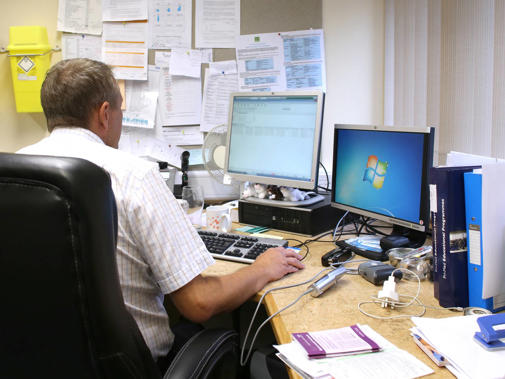In its 10-year plan for the NHS in England, the Government has laid out proposals aimed at transforming care delivery, which would shift emphasis away from hospitals into communities.
Central to this aim are the implementation of neighbourhood health centres; 12-hour a day, six-day a week one-stop-shops providing healthcare from populations ranging from 50,000 to more than 250,000.
While the BMA, in its analysis of the 10-year plan, stated that the ‘concept of delivering more care in the community’ was something it broadly supported, the implications of these transformations for general practice, and particularly the independent contractor model, has led to growing concern.
Although the plan states that, where it is deemed to be working effectively, the partnership model would be retained, increasing numbers of GPs are demanding clarity and answers on the future of general practice.
At its special representative meeting on 14 September, association members gathered to give voice to their fears.
‘Tom [Dolphin] said in his opening address that general practice is the most efficient part of the NHS,’ warned North Tyneside GP George Rae.
‘I agree, but there is no doubt: the 10-year plan is a Trojan horse for the survival of the independent contractor status [and] must be opposed if the independent contractor status is not safeguarded.’
No relic
Speaking as part of a motion calling for the BMA to reaffirm its commitment to the independent contractor model and to oppose the 10-year plan if safeguards for the model were not provided, Maidstone-based GP Reshma Nasreen Syed warned the model was not a relic of the past but the ‘backbone of general practice’.
‘The independent contractor model must not only be protected, it must be central to the future of general practice. Undermining it is not modernisation. It is a reckless gamble,’ Dr Syed warned.
‘The Government’s 10-year plan fails to acknowledge the value of the independent contractor model, and instead flirts with top down, centralised alternatives that risk turning GPs into salaried service providers, stripping us of autonomy, leadership and long-term accountability to our communities.’
Another worrying aspect of the 10-year plan are its proposals for so-called IHOs (integrated health organisations), which would see foundation trusts conferred with IHO status able to command whole health budgets within a defined local population.
Financial stability
An association survey of almost 3,000 doctors carried out prior to last weekend’s SRM found that nine in 10 GPs opposed the creation of IHOs, with two-thirds of survey respondents warning that they believed the 10-year plan would undermine the financial stability of their practice.
The BMA has warned that IHOs, the first of which are set to be go live as early as 2027, represent a revival of accountable care organisations, a model that the association has strongly opposed owing to the threat they pose to the GP partnership model.
Dr Syed added: ‘We will not stand by while our profession is dismantled piece by piece. The BMA and [BMA GPs committee] will resist any attempt to erode this model, because what is at stake is the survival of general practice as a profession rooted in trust, utility and clinical leadership.
‘We are not asking for permission. We are demanding recognition, and we are ready to fight for it.’

